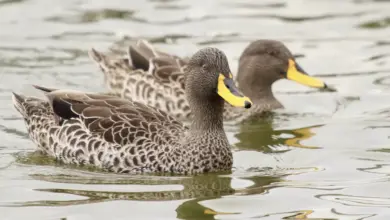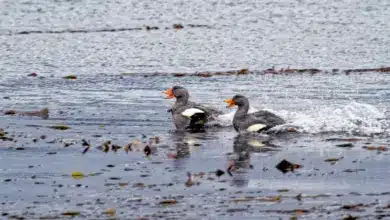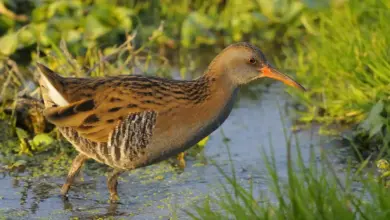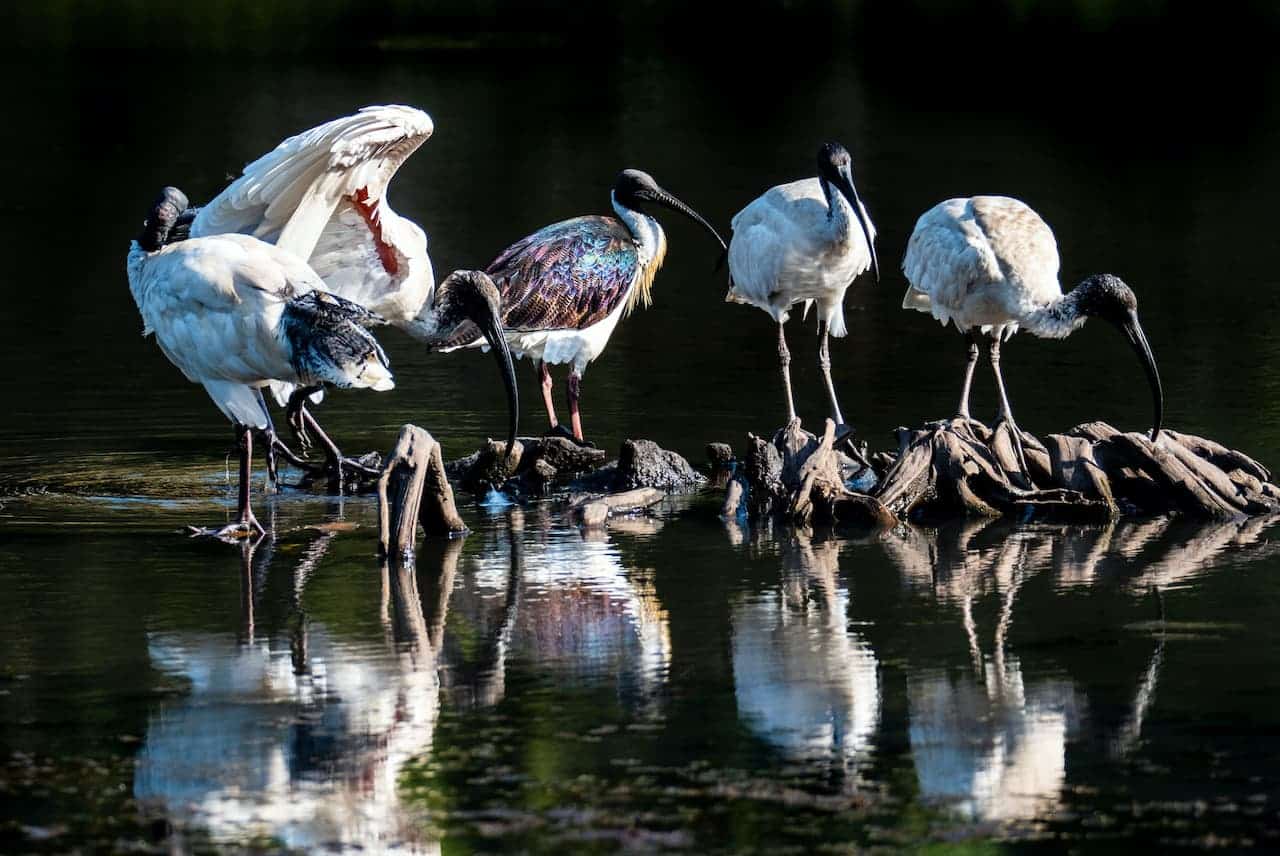Masked Ducks
The Masked Ducks (Nomonyx dominicus) are small stiff-tailed ducks with a range that stretches from Mexico to South America. They are also found in the Caribbean.
They are mostly non-migratory (resident), but some vagrants have been reported in the southernmost United States, along the Mexican border and in Florida.
They are usually found near a freshwater water body with dense marsh vegetation and surrounded by heavy tree cover; as well as in mangrove swamps.
Description
Breeding adult males have a rust-colored body with a black face and mottled wings. Adult females, winter males and juveniles have a barred brownish gray body, with 2 horizontal darkly colored stripes running through the buffy colored face.
These ducks are usually very secretive, but they are not rare and not considered threatened by the IUCN.
Relevant Resources
Diet / Feeding:
Masked ducks feed on seeds, roots and leaves of aquatic plants, as well as eating aquatic insects and crustaceans. They feed by diving.
Ducks generally feed on larvae and pupae usually found under rocks, aquatic animals, plant material, seeds, small fish, snails and crabs.
Feeding Ducks …
We all enjoy ducks and many of us offer them food to encourage them to come over and stay around – and it works! Who doesn’t like an easy meal!
However, the foods that we traditionally feed them at local ponds are utterly unsuitable for them and are likely to cause health problems down the road. Also, there may be local laws against feeding this species of bird – so it’s best to check on that rather than facing consequences at a later stage.
- Foods that can be fed to Ducks, Geese and Swans to survive cold winters and remain healthy when food is scarce in their environment.
Please note that feeding ducks and geese makes them dependent on humans for food, which can result in starvation and possibly death when those feedings stop. If you decide to feed them, please limit the quantity to make sure that they maintain their natural ability to forage for food themselves – providing, of course, that natural food sources are available.
Beauty Of Birds strives to maintain accurate and up-to-date information; however, mistakes do happen. If you would like to correct or update any of the information, please contact us. THANK YOU!!!





